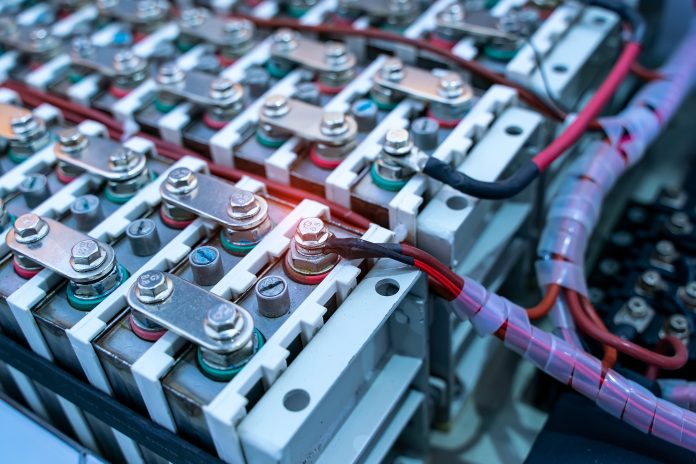According to an exclusive Reuters report, International Battery Metals (IBAT) has made a significant breakthrough in the clean-energy transition by becoming the first company to produce lithium commercially using a novel filtration technology. This new direct lithium extraction (DLE) method is expected to lower costs and accelerate the supply of lithium for electric vehicle (EV) batteries. At a site in rural Utah, controlled by U.S. Magnesium, IBAT began producing nearly 5,000 metric tons of lithium annually using its portable DLE plant.
This unreported achievement positions IBAT ahead of competitors like Standard Lithium, SLB, Rio Tinto, and Eramet. The success of DLE on a commercial scale is predicted to transform lithium production similarly to how fracking revolutionized U.S. oil production, potentially growing into a $10 billion industry within a decade.
IBAT’s method, partially based on technology developed by Chairman John Burba at Dow Chemical in the 1980s, aims to enhance the global lithium supply. The U.S. Geological Survey estimates that brine deposits around the world contain about 70% of the world’s lithium reserves. Traditionally, lithium is extracted using evaporation ponds or open-pit mines, both of which are resource-intensive and time-consuming.
DLE technologies, which function similarly to household water softeners, aim to extract about 90% of the lithium from brines, compared to roughly 50% using traditional methods. While many DLE processes require evaporation ponds, IBAT’s technology does not, making it suitable for regions with inconsistent rainfall.
IBAT’s plant, which is smaller than three acres, was designed and built in Louisiana before being transported in 13 parts to the US Magnesium site. The company’s portable plant can be relocated to new deposits, offering flexibility and cost savings. Each plant, costing between $50 million and $60 million, can produce 5,000 tons of lithium annually, potentially stacking additional units to increase capacity.
Despite a significant drop in lithium prices over the past year, IBAT plans to expand its production capacity and market its technology globally. The company’s success is partly due to its plants’ small scale and portability, in contrast to competitors who aim for larger, permanent facilities in remote locations.
U.S. Magnesium chose IBAT’s process for its portability and efficient adsorption material, which Burba developed. The facility recycles over 98% of its water, a crucial feature given recent water extraction regulations in Utah.



